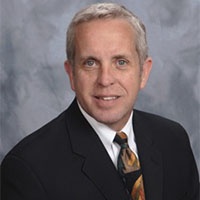Ann Arbor Misdemeanor Lawyer, Michigan
Sponsored Law Firm
-
 x
x

Click For More Info:
-
Goldman & Associates
615 Griswold St. Suite 1325 Detroit, MI 48226» view mapCriminal Over 30 Years Experience.
Accessibility, responsiveness, and personal commitment is our approach to client representation.
800-797-8031
Thomas S. Piotrowski
✓ VERIFIEDThomas Piotrowski is an experienced and aggressive litigator who handles cases in and around the Detroit metro area. Since graduating cum laude from t... (more)
Christopher Wayne Quinn II
✓ VERIFIEDAt the law offices of Quinn and associates our motto is knowledge, excellence, and determination. The professionals at The Law Offices of Quinn & Asso... (more)
Brent Jaffe
Upon passing the bar Attorney Brent Jaffe joined his father's firm to form Jaffe Law Group. "I was drawn to the practice of law because this professio... (more)
Ellen K. Michaels
FREE CONSULTATION
CONTACT Akiva Goldman Detroit, MI
Akiva Goldman Detroit, MI AboutGoldman & Associates
AboutGoldman & Associates Practice AreasExpertise
Practice AreasExpertise



